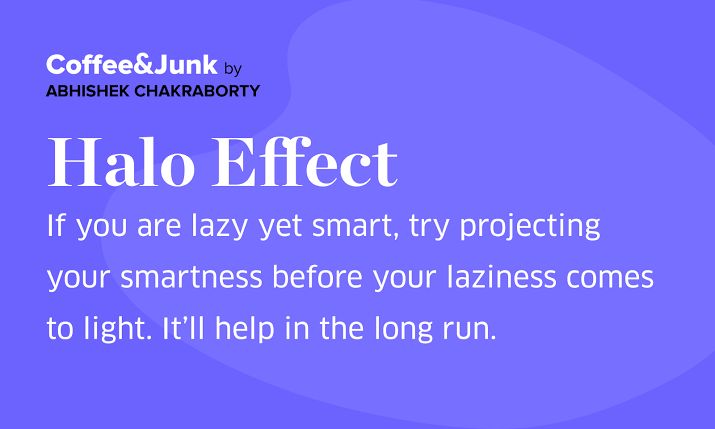The Halo Effect
Jun 08, 2019 • 146 views
Why Impression Matters?
Are you also indulging in seeing things through rose-tinted glasses?
It is said that the first impression is the last impression. Also, an interesting fact is that it takes only 7 seconds for this first impression to be formed. Now why this first impression is so important? This is because it can be linked to a psychological effect, a behavioral bias, thatall of us unconsciously indulge in.
The term halo refers to a ring of light shown around or above the head of a saint or holy person to represent their holiness, or the radiant aura around a celestial body like the moon.
Now how this aura is applicable to real life entities in today's world form the basis of the Halo Effect. Here, the person/object in question is judged for one thing because of the Halo of his/its another attribute. That is, this cognitive bias enables people to subconsciously form an opinion about one thing because of other related things associated with the former.
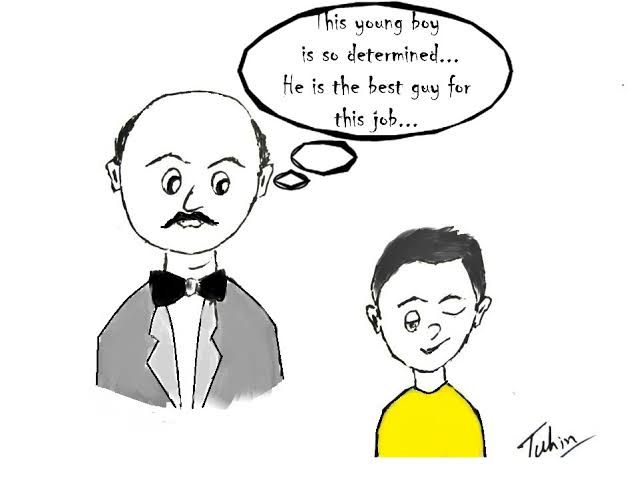
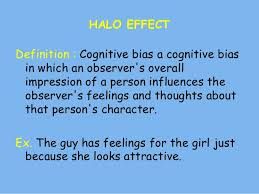
The Halo Effect : True and Alive
A famous example of this Halo Effect is seen in the field of marketing, where popular celebrities endorse products. The idea behind this is simply using the celeb's popularity and acceptance among masses to cultivate the same for the advertised products too. Brands like those selling aerated drinks use the charm of the person endorsing them to popularize their otherwise unhealthy products.
Another example is that of the immensely popular brand Apple building up on the goodwill garnered by their ipods towards other products too. The idea being, brand association would make the other products sell well too.
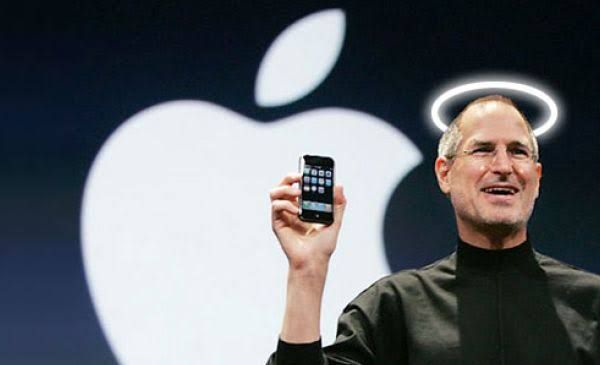
One more common use of the halo effect is when e-commerce websites offer free shipping when customers spend a certain amount of money . This promise of free shipping puts the products in a more positive light, enhancing the desirability of the site and hence, its other products.
The origin of the Halo Effect can be traced from a 1920 paper titled "A Constant Error in Psychological Ratings"by psychologist Edward Thorndike. The paper was contained of a study in which he asked commanding officers to rate their soldiers based on certain characteristics. What he discovered was what this cognitive bias was all about -the ratings of soldiers' physique positively correlated with those for intelligence, leadership and character, despite being unrelated characteristics.
This is what happens in job interviews - we are told to dress our best, be polite and well mannered as a candidate is much more likely to be hired if he or she appears attractive and friendly to the employer because the employer will associate those external, positive qualities with intelligence, capability and talent, regardless of whether the candidate actually has those characteristics.
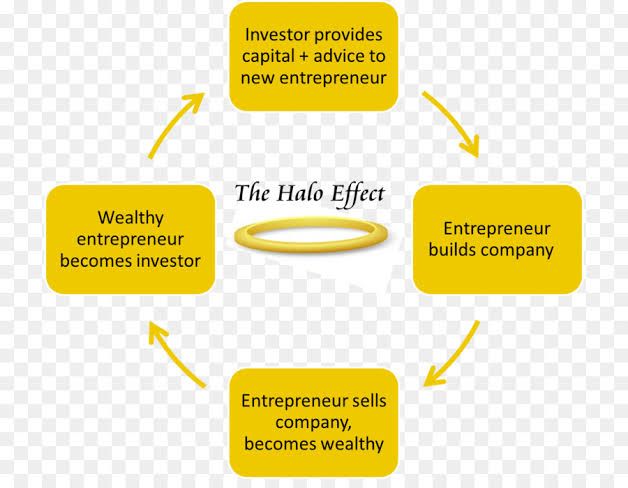
There's also a reverse Halo Effect,a.k.a. the Horn Effect, in which one's perception of another is unfairly based on a single negative trait. Like, assumptions such as an unattractive or obese person is inferior to a physically fit and attractive one.
The famous newspaper The Economist has dedicated a full-fledged article to this effect and quoted , "If we see a person first in a good light, it is difficult subsequently to darken that light". For further reading, you can visit https://www.economist.com/news/2009/10/14/the-halo-effect
That's indeed true! Hence, beware while taking decisions, that whether or not you are influenced by any Halo. Another life hack involving this phenomenon could be-
